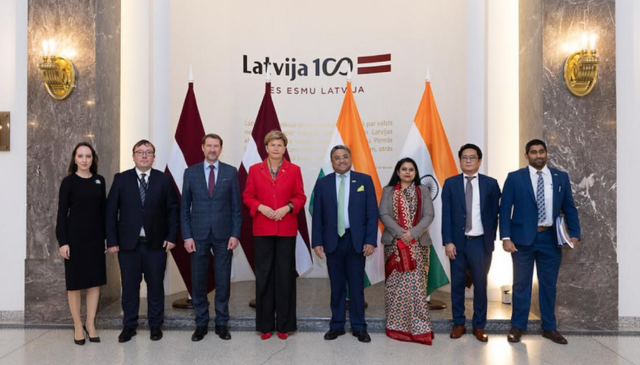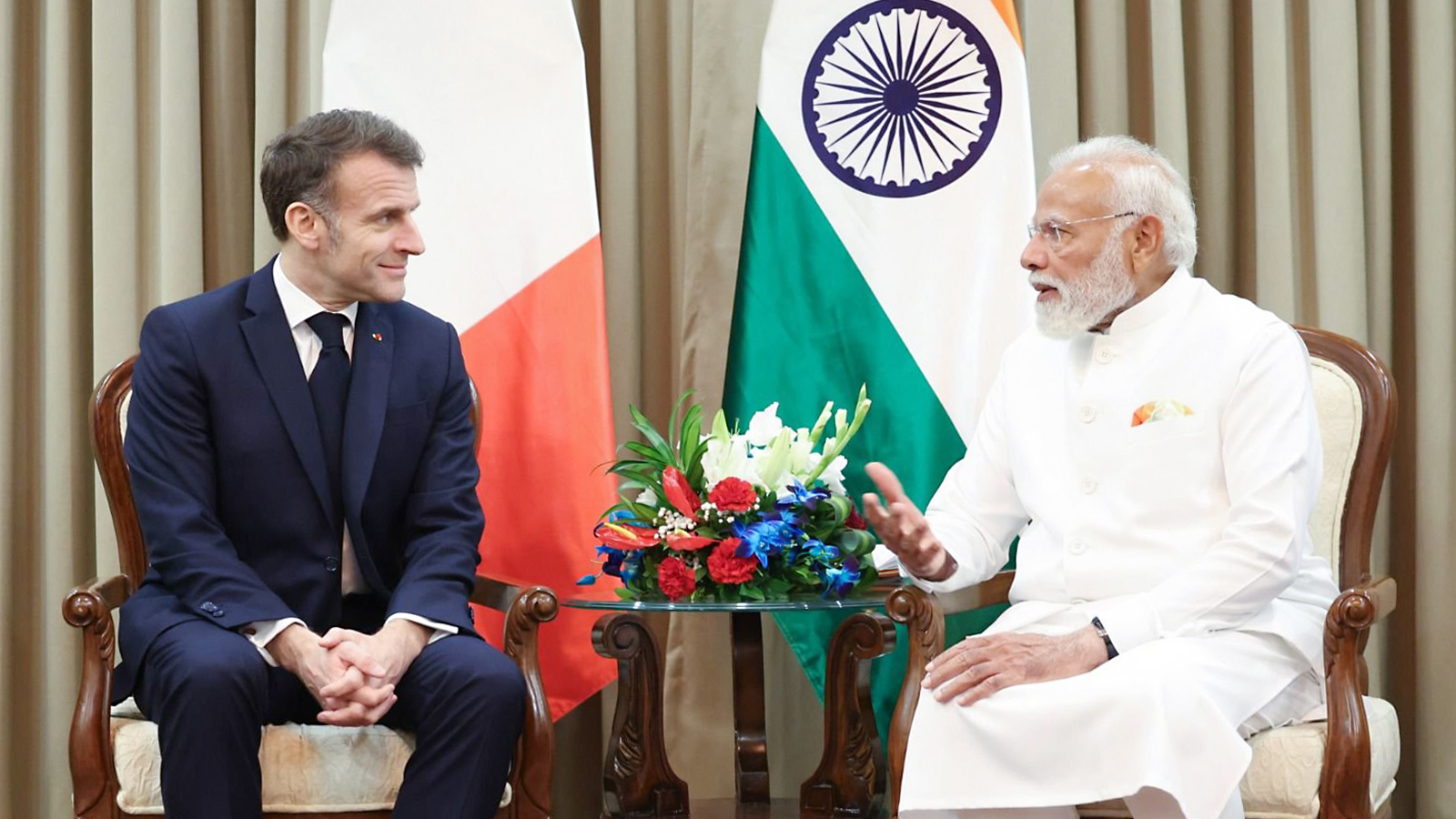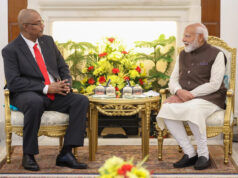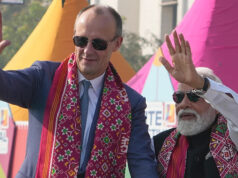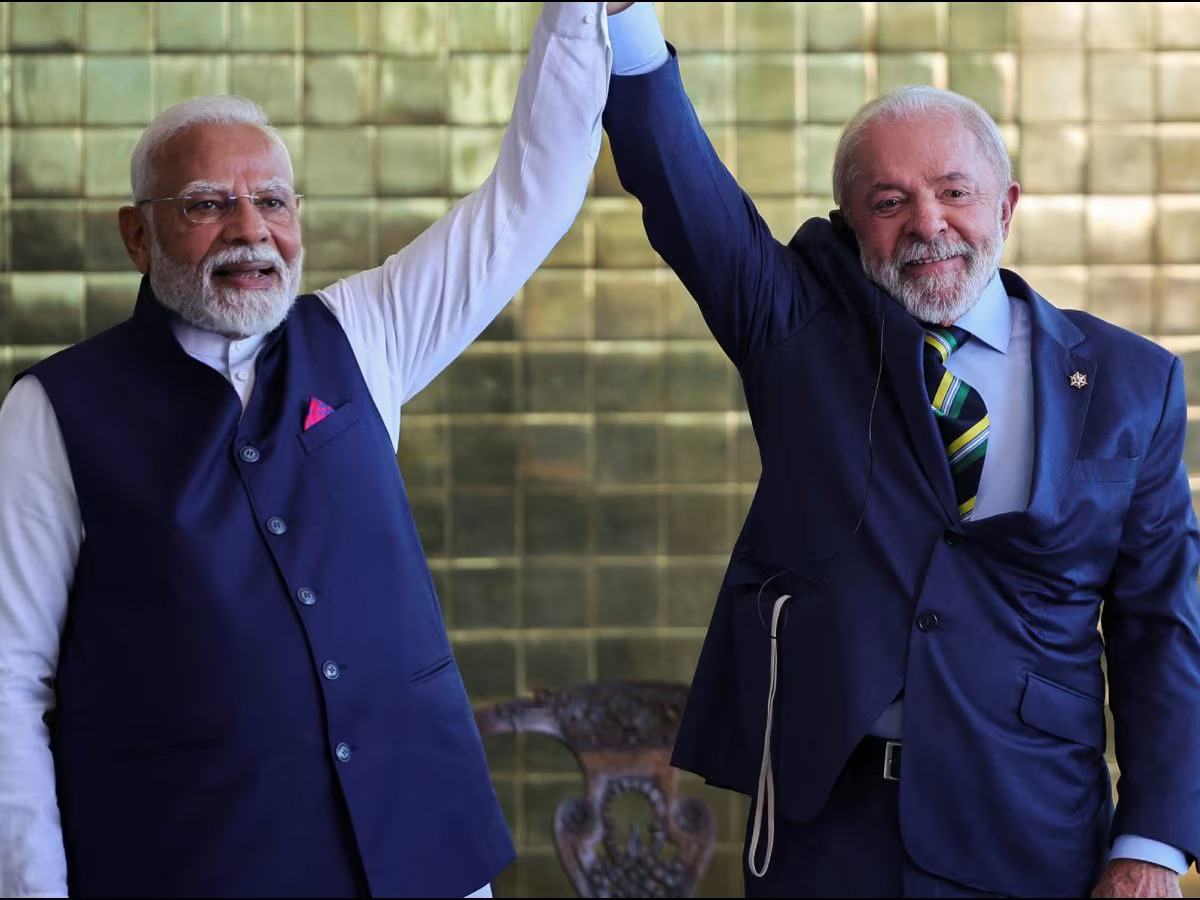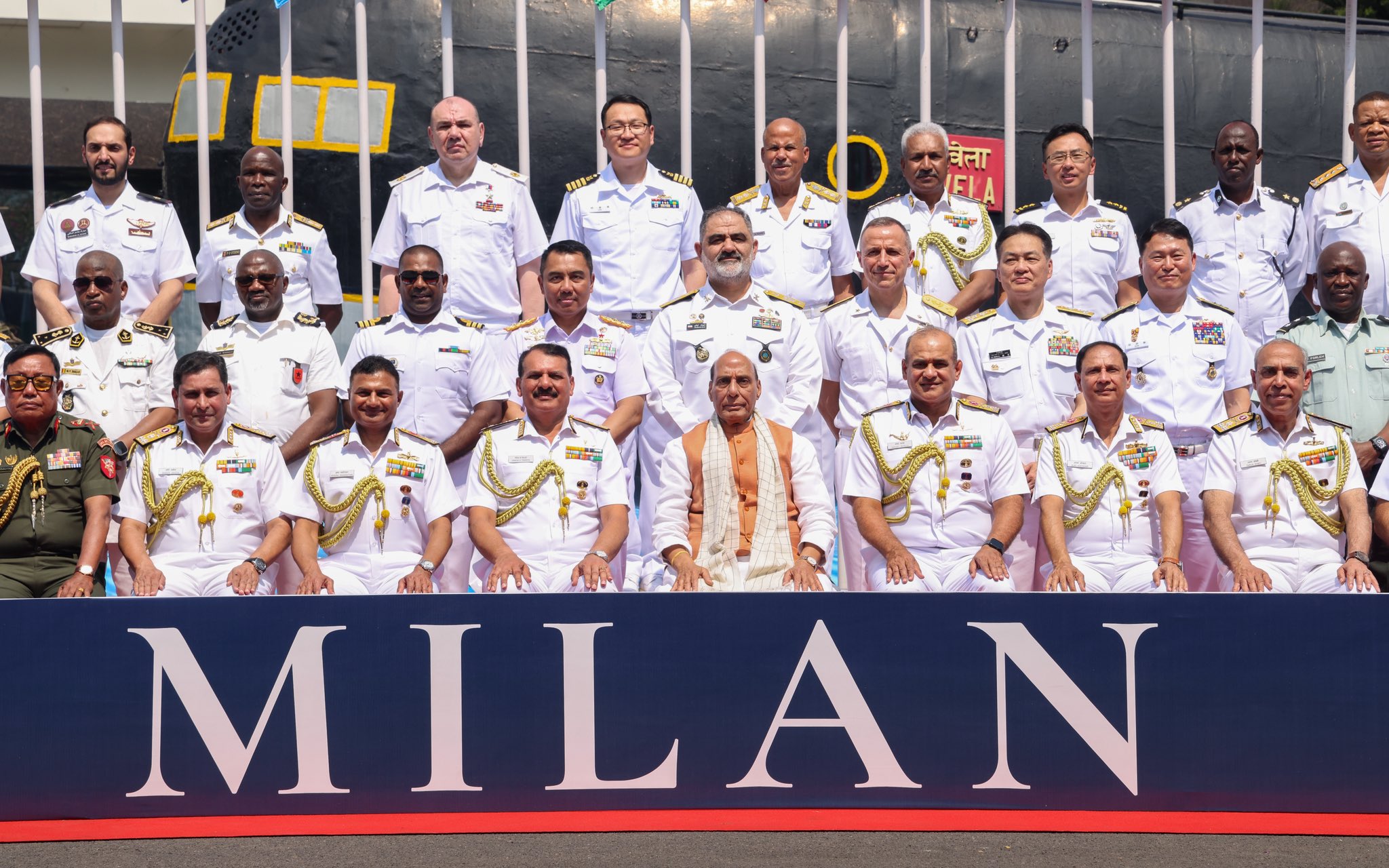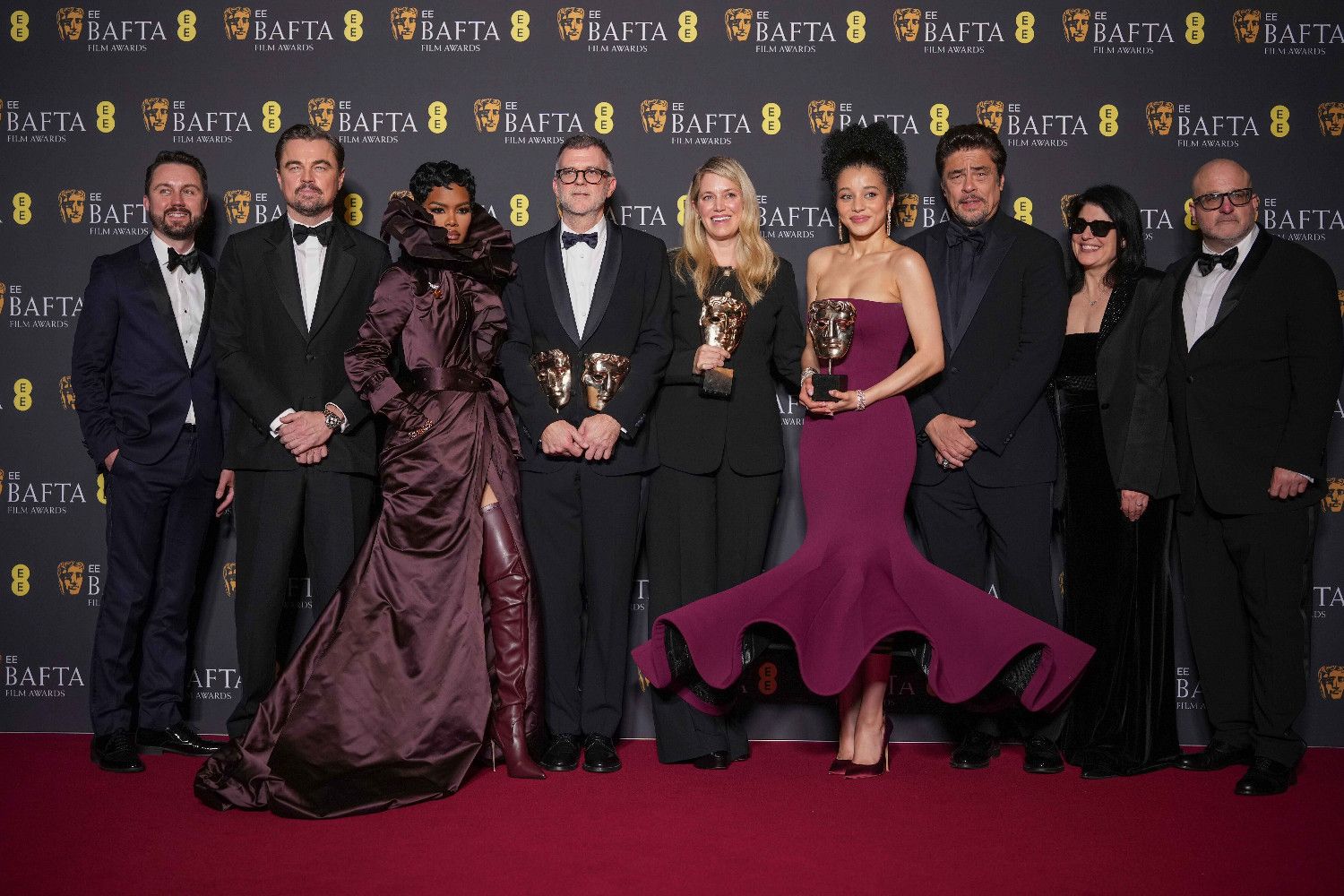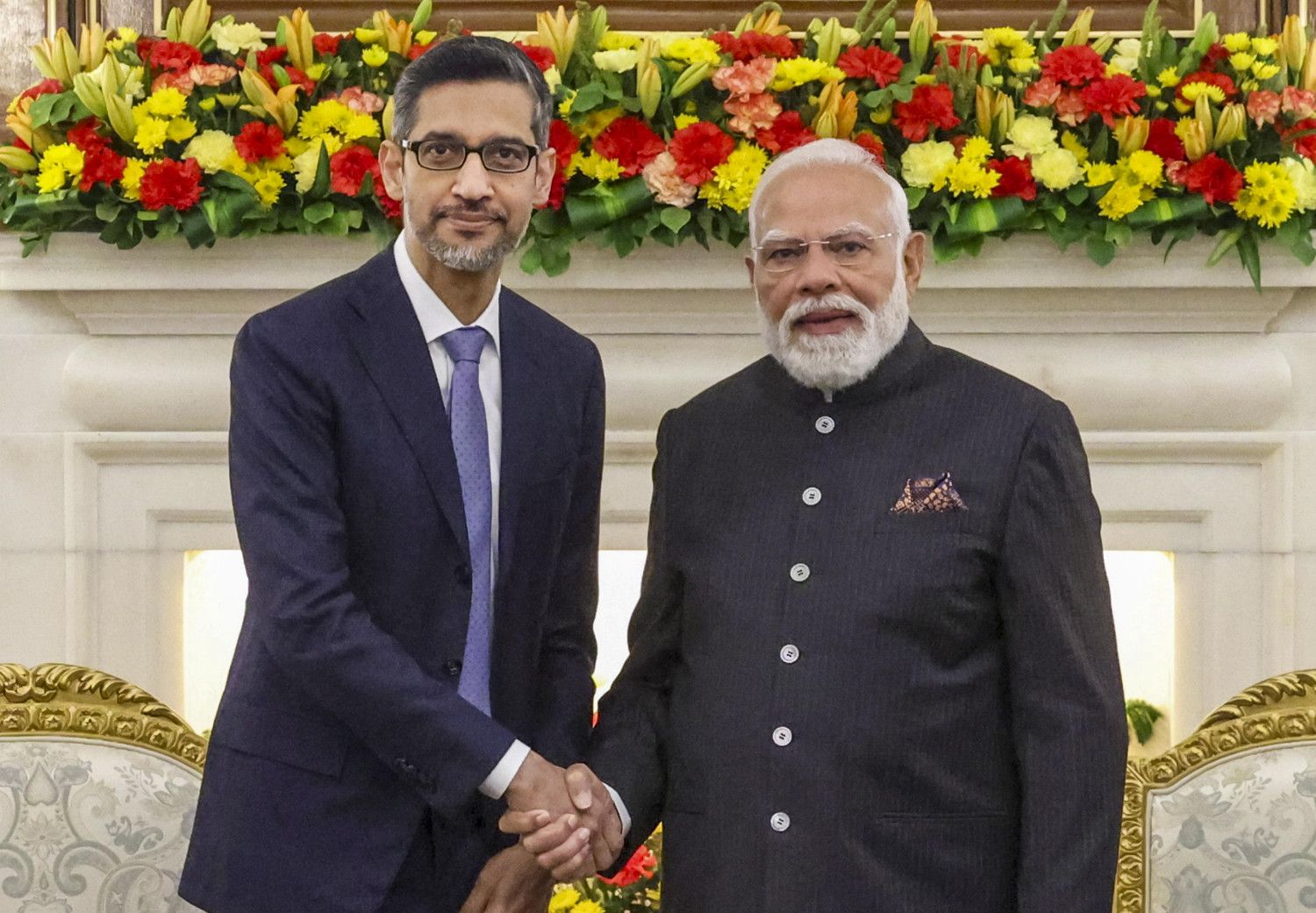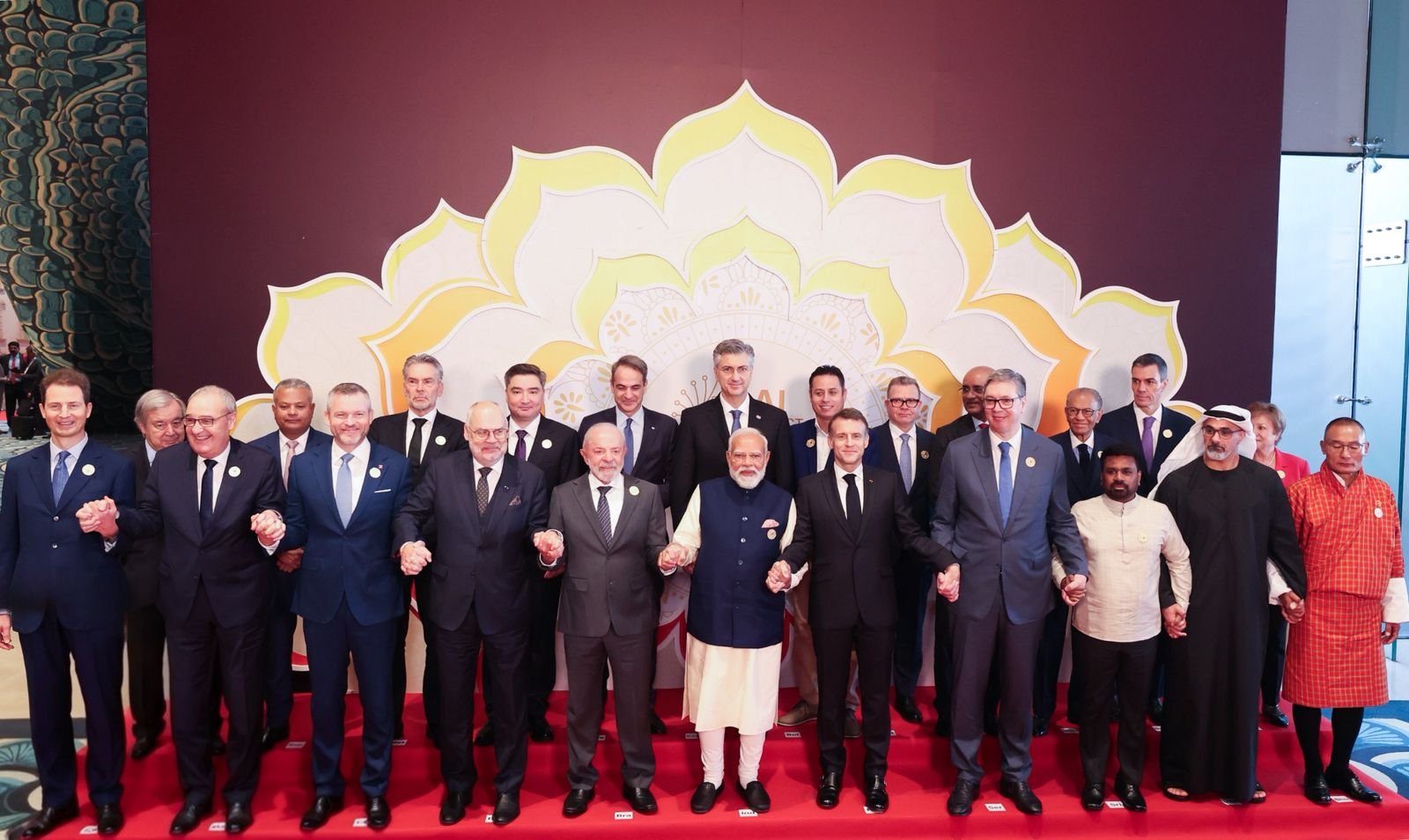Political consultations between the Ministries of Foreign Affairs of Latvia and India took place in Riga on 4th November, 2025, underscoring the growing depth and diversity of relations between the two nations. The discussions were chaired by Andžej Viļumsons, State Secretary of the Latvian Ministry of Foreign Affairs, and Sibi George, Secretary (West) of India’s Ministry of External Affairs. The wide-ranging talks focused on enhancing cooperation in trade, technology, and international affairs. Both delegations explored avenues for deepening economic engagement, particularly in sectors where bilateral exchange has been steadily expanding. They also reviewed EU–India relations, collaboration within multilateral organisations, and pressing issues of regional and global security.
Ahead of the formal consultations, Secretary George met with Latvian Minister of Foreign Affairs Baiba Braže. The minister reaffirmed that India remains a key partner for both Latvia and the European Union, pointing to consistent growth in trade and investment flows. The two officials also exchanged views on achieving a sustainable peace in Ukraine, emphasising the need to maintain international pressure on Russia through targeted sanctions. During the dialogue, both sides acknowledged the positive trajectory of Latvia–India relations and pledged to sustain active political engagement. The consultations also touched upon opportunities for cooperation during Latvia’s forthcoming membership of the United Nations Security Council (2026–2027), with shared priorities including peacekeeping, security, and sustainable development.
Mr Viļumsons reiterated Latvia’s unwavering support for efforts aimed at securing a just and enduring peace in Ukraine. He stressed the importance of preventing the circumvention of sanctions, particularly in the energy sector, and drew attention to the need for vigilance against the use of “shadow fleets” or third-country routes for restricted trade. The Indian delegation was also introduced to the Latvian technology and innovation ecosystem, with particular emphasis on dual-use and defence applications. Latvian firms active in India, including those in cybersecurity, pharmaceuticals, and advanced manufacturing, were highlighted as examples of growing commercial cooperation. Secretary George, for his part, reaffirmed India’s commitment to strengthening its partnership with the European Union, and shared perspectives on geopolitical developments in the Indo-Pacific region, noting the challenges posed by ongoing border disputes to regional stability.
The two sides welcomed the momentum generated by India’s decision to open an embassy in Riga in 2024, marking a new chapter in bilateral engagement. India’s first resident ambassador, Namrata S. Kumar, began her tenure in March 2025, while Latvia has maintained its embassy in New Delhi since 2014. Economic exchanges between the two countries continue to diversify. India’s leading exports to Latvia include pharmaceuticals, textiles, plastics, chemicals, and base metals, while Latvia’s principal exports to India comprise machinery, wood products, base metals, optical instruments, and chemicals. Notable Latvian enterprises such as Valmiera Glass Fiber and Olainfarm are already active in the Indian market, with cooperation extending into high-value fields like innovation, cybersecurity, and advanced technology.

